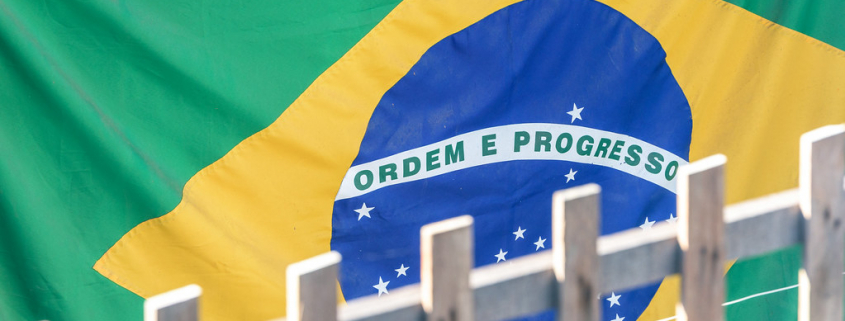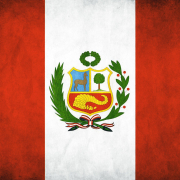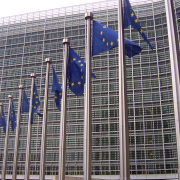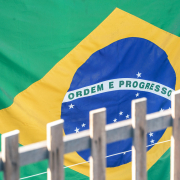The Secretariat of Agriculture, Livestock and Rural Development confirmed, on Tuesday, the suspension of the use of the herbicide, 2,4-D, in the fields of Rio Grande do Sul, Brazil until 31st December.
The chemical, used by soybean farmers, affects the production of fruit crops, such as grapes, olives and apples, especially in the Campaign, West, Central and Campos de Cima da Serra regions.
The herbicide ban was endorsed by Covatti Filho (Secretary of Agriculture) following a morning meeting with technicians from the 2,4-D Working Group. On Wednesday, a normative instruction decreeing the prohibition of 2,4-D will be published in the Official Gazette of the State. The measure may be extended by the government.
During the meeting, new studies were presented stating that of the 143 samples collected in 41 cities in Rio Grande do Sul, 132 tested positive for the presence of the pesticide.
Last week, the prosecutor’s office advised the government to consider suspending the use of agrochemical, despite a strike by agricultural inspectors that began last Tuesday. When used on soybean, 2,4-D controls weeds and increases the efficiency of other herbicides. However, the product spreads and destroys more sensitive crops.
Source: Agropages
Image source: “Brasil” by ruifo is marked with CC BY-NC-SA 2.0.





